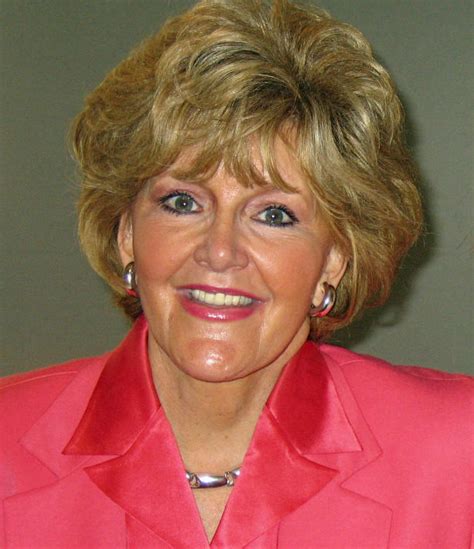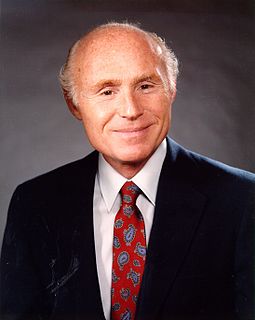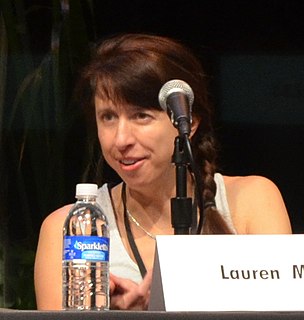A Quote by Sharon Stone
Well, I think when we can turn to the person sitting next to us and really see them with kindness and see ourselves reflected back - when there's some dignity and compassion traveling back and forth.
Related Quotes
So we [with Kate DiCamillo] would act them out, we would toss ideas back and forth, we would laugh, we would argue. Sometimes it went really well, sometimes it was such a pain in the ass. Our other rule was that we wouldn't work on it at all when we weren't in the other's presence. It was really hard not to do that. We'd start going on email back and forth, 'What do you think about this, what do you think about that?' But, no, no, no, it had to be live. So we forced ourselves not to look at it except during those two-hour stretches when we were actually with each other.
I did this campaign that was called "Back to the Basics" where I went back to the street, went back to my block, and really felt the people. We've got to go back to that sometimes. We distance ourselves from that and we see it from afar. Some people can't relate back to that; once you're out of it, they don't want to relate back to that. It's always good to get back to the basics, though. You've got to touch the roots, you've got to touch those people. Regardless of what's going on, people always respect that.
Jesus . . . wants us to see that the neighbor next door or the people sitting next to us on a plane or in a classroom are not interruptions to our schedule. They are there by divine appointment. Jesus wants us to see their needs, their loneliness, their longings, and he wants to give us the courage to reach out to them.
Not going back is fine. Not going back but occasionally visiting might be best. Not going back but remembering so you don’t see the same view twice. Not going back so you can turn a new page, write a new chapter, develop an entire new list. Not going back so you can stretch and grow and see yourself in a light that you never knew existed. Not going back so that you can fly. Fly.
Yet I think the demon's target is not the possessed; it is us . . . the observers . . . every person in this house. And I think---I think the point is to make us despair; to reject our own humanity, Damien: to see ourselves as ultimately bestial; as ultimately vile and putrescent; without dignity; ugly; unworthy.
I prefer people to disagree with me because I really don't think I'm smart enough to know what all the answers are and I think the back and forth ... we have a lot of it in our office, strong personalities, big intellects, good ideas - I think that back and forth has produced better strategies and tactics for us than if I sat in my office and decided we're doing those 10 things and that's the end of it.
The act of compassion begins with full attention, just as rapport does. You have to really see the person. If you see the person, then naturally, empathy arises. If you tune into the other person, you feel with them. If empathy arises, and if that person is in dire need, then empathic concern can come. You want to help them, and then that begins a compassionate act. So I'd say that compassion begins with attention.
To make it really clear and simple, let's call this movement across history we see in passages like the ones we just looked at from Exodus and Deuteronomy clicks. What we see is God meeting people at the click they're at, and then drawing them forward.When they're at F, God calls them to G.When we're at L, God calls us to M.And if we're way back there at A, God meets us way back there at A and does what God always does: invites us forward to B.




































